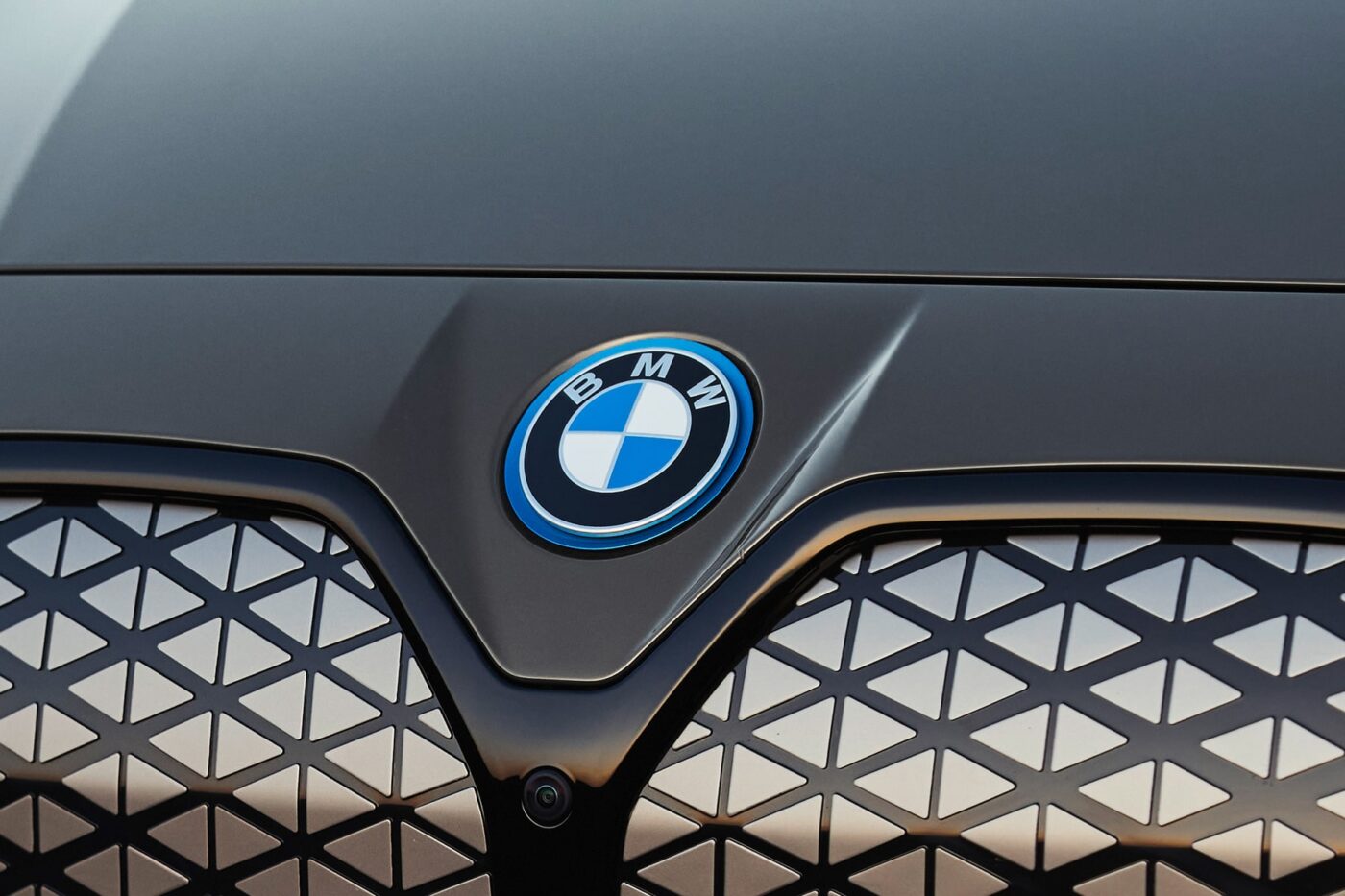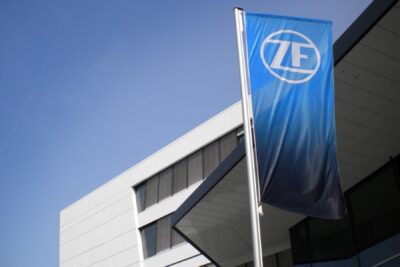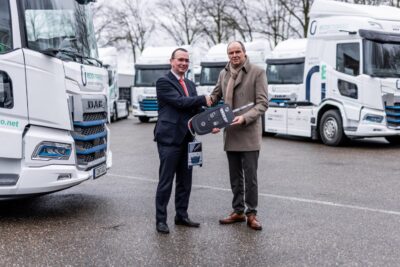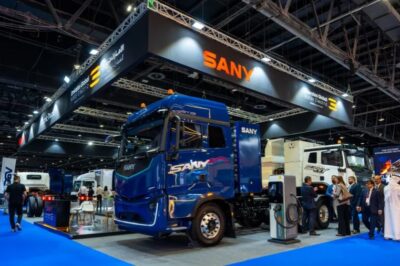BMW is considering Chinese batteries for US plant
This was reported by Automotive News, citing insiders. As mentioned, the background to this is that BMW partner AESC paused construction work on its battery cell factory in the US state of South Carolina a few weeks ago. However, according to the report, there is a new development here: AESC is said to have not only paused construction, but has now allegedly cancelled its plans to supply BMW from this US location.
If BMW can no longer count on AESC cells from South Carolina, the German car manufacturer will naturally be forced to procure the necessary battery cells from other sources. According to the report, one of the alternatives is still the supply from AESC; just not from the US plant, but from one of the company’s Chinese factories. Importing the cells produced in China could prove to be more economical in the short term, despite possible tariffs.
Officially, the Automotive Energy Supply Corporation has a different opinion. The American AESC spokesperson Brad Grantham did not comment on the BMW delivery plans, citing reasons of confidentiality. However, according to the report, he stated that the company had no new information on the project and was determined to fulfil its commitments. This includes investments of 1.6 billion dollars in the coming years and the creation of around 1,600 jobs. According to the insider information, this may well be the case: AESC could use the plant under construction for other purposes, just not for the production of the special round cells for BMW.
AESC had justified the interruption of work at the Florence plant with political and market-related uncertainty, but also mentioned difficulties in financing. It is not known whether the latter also has to do with the uncertain market development in the USA, because financiers have become more cautious. However, it is clear that some companies have already slowed down their investments in the USA, as the Trump government’s policies mean that it is still unclear how and at what pace the market for electromobility will develop in the USA. The uncertain situation regarding tariffs between the USA and China is also likely to have contributed to a reluctance to invest billions.
BMW is converting its Greer/Spartanburg plant in North Carolina for the production of electric cars based on the ‘Neue Klasse’ and has set up its own battery assembly facility in Woodruff for the production of ready-to-install battery packs. The car manufacturer is currently primarily producing the large SUV models X5, X6 and X7 for the global markets at its US plant, although these are only available as plug-in hybrids. A specific model of the ‘Neue Klasse’ from the plant has not yet been confirmed, but the key data on the battery of the new platform is clear: BMW is switching to an 800-volt architecture and using round cells with a diameter of 46 millimetres, which are 120 millimetres high in the SUV models. These sixth-generation batteries in BMW’s internal counting system should enable a greater range and shorter charging times due to their higher energy density.
BMW has developed the cells and the cell chemistry together with its partners, but is leaving production to CATL, EVE Energy and AESC. It remains to be seen what technical implications the change of plant or to a new supplier would have for BMW, for example, in terms of production, vehicle integration or software. “Even with the same chemistry, validation and integration work may need to be revisited,” Stephanie Brinley, analyst at S&P Global Mobility, is quoted as saying. Conrad Layson, lead analyst for alternative powertrains at AutoForecast Solutions, states that such validation could take up to 18 months, which would probably have an impact on BMW’s production schedule.
And it’s not just the production plan that could be facing a revision, but also the business plan: Although imports from China are described by analysts as a ‘likely interim solution’ until an alternative US supply chain is in place. However, economic uncertainty hangs over the import plan: lithium-ion batteries from China could be subject to a US tariff of 82 per cent in 2026.
autonews.com (paywall), evxl.co





0 Comments